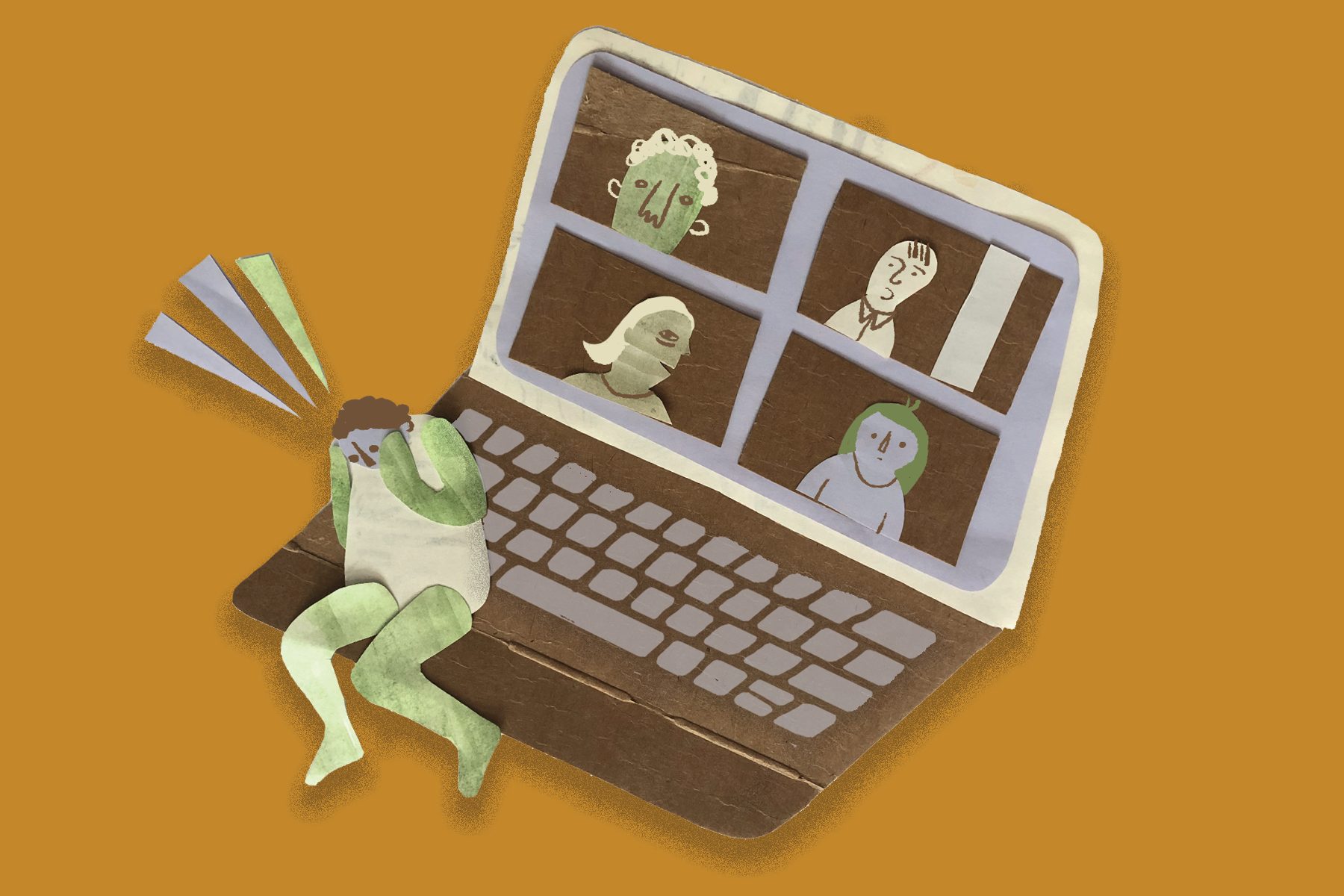From Twitter to TikTok, college students have spread memes about their eagerness to return to school in the fall, if only to get out from under their parents’ rules again. As the upcoming fall semester quickly approaches and infection rates rise, more and more schools have released reopening plans that will only bring a fraction of undergraduates back to campus, or none at all. Even though this is necessary, it is important for colleges to remember that keeping students at home can negatively impact their mental health. In light of this fact, schools should consider the ways they could provide extra support for students at home.
Social distancing guidelines are still in place throughout the United States, so students face a tough choice this fall: return to dorm life and risk the exposure that comes with living spaces shared with strangers, or shoulder the psychological stressors of doing school from their childhood bedrooms?
Keeping college-aged students at home for the upcoming school year could lead to a number of issues that compromise many students’ mental health.
For one, not every student has a positive relationship with their parents. Students may have strained relationships with their households for a number of reasons, which leads them back to the college towns they have called home.
Though undergraduates are young, they are adults, and there is an emotional cost to living with your parents as an adult. Loneliness associated with feeling “stuck in the suburbs” can be depressing for someone who has grown used to independence and has come to rely on campus communities for social and academic support.
Uprooting college students from the networks they have established in their college towns can be demotivating. Students will have regular course loads, but lack human interaction with their friends, professors, mentors and classmates. These are losses everyone has been forced to cope with since school closures began in March, but they are significant, especially as a new school year starts.
After all, quality time with friends is a significant benefit of a residential college experience; it provides a welcome respite from the grind and pressure of academic work. A semester at home severely limits students’ opportunities for quality interactions and experiences outside of academics. For one thing, how campus clubs and other extracurriculars will function with large numbers of students at home is yet to be discovered.
The normal feelings of isolation that accompany the pandemic’s stay-at-home practices can be compounded by ongoing conflicts with family members. The all-day interaction that comes with life back home is a sharp contrast to the privacy and complete independence of dorm life.
Dorm living, compared to sleeping in your high school bedroom, provides not only more privacy, but distance from the emotionally draining effects of a toxic relationship with a parent.
For some students, moving away and becoming independent provides a long-awaited reprieve from family stress. Online classes force a number of students back into more volatile environments.
Ultimately, students who enjoy a decent amount of familial harmony and financial stability at home will have a much easier time coping with online classes.
For upperclassmen especially, their college cities and towns are home. When I moved to New York City for college, for example, I was excited for the infinite list of things to do, so different from the Maryland suburb I grew up in.
Over the past three years, New York has become my home, and I dread summers away from the city, let alone a ten-month break from the place I’ve spent time and effort settling into. Though undergrad can be thought of as a transitional period—dabbling in “adulting” for the first time — it still signifies moving out on your own, and boomeranging back home is a significant change that causes students differing levels of grief.
According to a study done by researcher Jennifer Caputo on young adults living with their parents, adults who “boomeranged” back home after moving out once were more depressed. Caputo’s study looked at adults between the ages of 24 and 32. Her cohort was older than most undergrads, but her findings note some of the same anxiety and depression college students have expressed in regard to COVID-related moves back home.
Caputo notes that while much of the relationship between “boomerang moves” and depression can be traced to changes that pushed the young adults back home in the first place—such as financial instability or a breakup—returning to a parental home remained a significant predictor of depression, even after accounting for these factors.
“My findings show that returning to a parental home after a period of independence can be depressing,” Caputo says. Thus, college students at-home blues are more than valid.
Another element of students’ desperation to return to campus is likely the diminished independence that living at home causes for most people. Moving back in with the parents means abiding by house rules, resuming one’s family role as a child and, in our pandemic age, spending less time socializing in order to protect middle-aged parents from COVID exposure.
Losing independence can provoke feelings of anger, shame and depression. By removing students from the residential campuses they have called home, colleges cause students’ mental health to suffer.
32 million adults lived with their parents in April 2020, the highest number on record. Over 80% of those adults were Gen Zers, adults between the ages of 18 to 25. As one article puts it, COVID school closures were a story of millions of students’ journeys to adulthood “interrupted.” Because of COVID, Gen Zers’ transitions to real adulthood has been halted.
Unlike any other demographic, college students must decide between making the safest decision for their bodily health and that of others, and staving off the negative psychological effects of regressing to the dependence of their high school lives.
Students will have to adjust not just to moving back home, but to maintaining the same academic tenacity while in an entirely different, potentially distracting environment.
Inevitably, many students who would prefer to stay on campus will have to complete the semester from home. But just because the pandemic has made these circumstances necessary doesn’t mean students should resign themselves to compromised mental health for the semester. They should set up boundaries within their shared household that will protect their peace and academic needs. They should try to leave the house on a regular basis, whether it’s for a walk, a drive or the alone time gained while running an errand.
Remember that it is normal and valid to prefer to be living on your own again, or to decide to spend the semester away from home to protect your mental stability. The physical health of yourself and others is extremely important, but your mental health is also a priority.

















